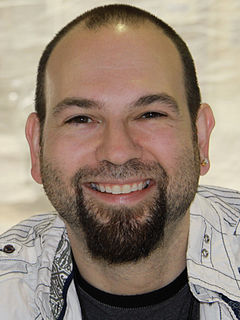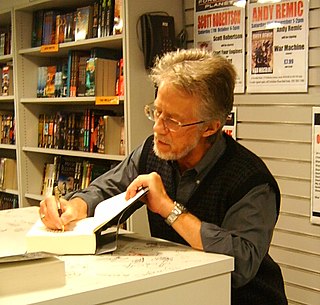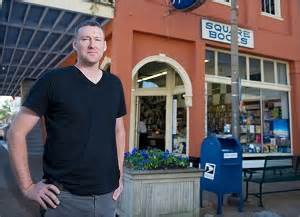A Quote by Francine Prose
If we want to write, it makes sense to read—and to read like a writer. If we wanted to grow roses, we would want to visit rose gardens and try to see them the way that a rose gardener would.
Related Quotes
When I went to the University of Iowa in order to be a writer, I thought, This is the worst way to learn how to write. To sit in a room with a bunch of would-be writers, who want to write the Great American Novel, every one of them, and you read their stories and they read yours, and you're not living a life. I don't like that. I like learning on the job. The character of my work has definitely evolved from the character of my life.
It's like this," he'd explained once to Connie. "If someone gave you a single rose, you'd be happy, right?" "Okay," he went on, "Now imagine someone gives you ten thousand roses." "That is a whole lotta roses," she said. "That's too much." "Right. Too much. But more than that, it makes each individual rose much less special, right? It makes it hard to pick one out and say, 'That's the good one.' And it makes you want to just get rid of them all because none of them seem special now." Connie had narrowed her eyes. "Are you saying when you're at school you just want to get rid of everyone?
I can write any kind of novel I want, any time, and sell it, but there's not that many people watching it. Even a low-rated TV show is a couple million more people than read my books. You want to be read, in essence. If you're a television writer, you're a writer and you want people to read your stuff. You're still reaching a bigger audience, that way. That's a philosophical way to look at it.
Sure, kids want to read whatever is the hot book, and of course they want to read fantasy and any kind of speculative fiction, but they also like to read stories with kids that look just like them, that have the same problems as them. And I've noticed that what they particularly want to see is to see those characters prevail. So they don't want sanitized situations. They want stories to be raw, they want them to be gritty, but they also do want to see the hope at the end of the story.
Steven Erikson is an extraordinary writer. I read Gardens of the Moon with great pleasure. And now that I have read it, I would be hard pressed to decide what I enjoyed more: the richly and ominously magical world of Malaz and Genabackis; the large cast of sympathetically-rendered characters; or the way the story accumulates to a climax that hits like machinegun fire. My advice to anyone who might listen to me is, Treat yourself to Gardens of the Moon. And my entirely selfish advice to Steven Erikson is, write faster.
If you walked by a street and you was walking a concrete and you saw a rose growing from concrete, even if it had messed up petals and it was a little to the side you would marvel at just seeing a rose grow through concrete. So way is it that when you see some ghetto kid grow out of the dirtiest circumstance and he can talk and he can sit across the room and make you cry, make you laugh, all you can talk about is my dirty rose, my dirty stems and how am leaning crooked to the side, u can't even see that I've come up from out of that.
I'm not someone who has a list of great books I would read if I only had the time. If I want to read a particular so-called classic, I go ahead and read it. If I had more time, I would certainly read more, but I'd read the way I always do - that is, I'd read whatever happened to interest me, not necessarily classics.
I don't think about the reader in any conscious way that impacts the writing, as far as, Hey, most readers would like this! But at the same time, if it were presented to me: "John, you're going to write a novel. It's going to take you a few years. When you're done with it, there's a law that no one's allowed to read it." I don't think I would write it. I want someone to read it!







































